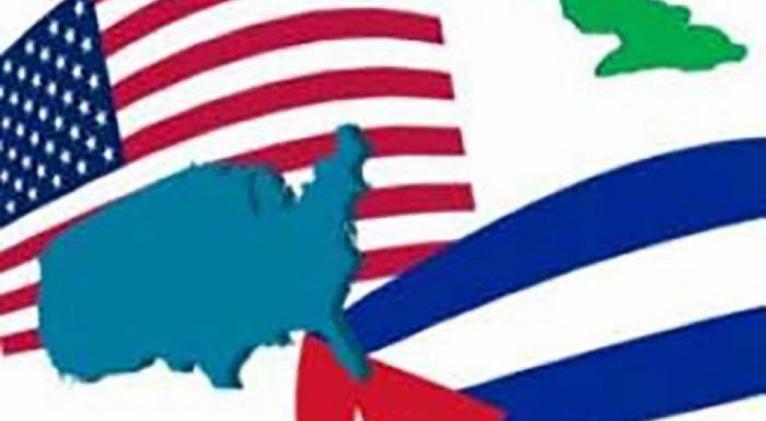U.S. maintains Cuba migratory policy despite regional opposition

The United States remains steadfast in the defense of its migratory policies toward Cuba, despite a petition by nine Latin American governments to end the measures.
During his press briefing on August 30, U.S. State Department spokesman John Kirby, confirmed that a letter sent the same day, by the Foreign Ministers of Colombia, Costa Rica, Ecuador, El Salvador, Guatemala, Mexico, Nicaragua, Panama, and Peru to U.S. Secretary of State John Kerry had been received.
"Although the U.S. continues to encourage all countries to respect the human rights of migrants," and will continue to "engage governments in the region," Kirby noted that there are currently no plans to change U.S. migratory policy toward Cuba.
"The Cuban Adjustment Act remains in place and wet foot/dry foot remains U.S. policy regarding Cuban migration," he added.
The Cuban Adjustment Act, in force since 1966, and the "wet-foot-dry-foot" policy afford special privileges to Cubans who arrive in the U.S. - giving them the right to apply for permanent residency one year after their arrival, for example.
Several Latin American governments have complained that these discriminatory policies encourage Cubans to immigrate to the U.S. passing through South and Central America on their journey northward, a situation which has intensified following the reestablishment of diplomatic relations between Washington and Havana in July 2015.
In their letter to Kerry, the Foreign Ministers noted that the two policies represent “a stimulus to the disorderly, irregular, and unsafe flow of Cuban citizens,” to the U.S.
A related migratory crisis began in November 2015, after the Nicaraguan government decided to close its border, leaving some 8,000 migrants, the majority Cubans, stranded in Costa Rica and Panama.
The two countries undertook efforts with Mexico to organize a special operation to transport the Cuban migrants in direct fights to various Mexican cities, however the flow of immigrants continued, leading both countries to also close their borders to illegal migrants; Costa Rica in December 2015, and Panama in May 2016. Costa Rican President Luis Guillermo Solís addressed the issue in a meeting held last week with U.S. Vice President Joseph Biden, noting that "Obviously, changes to law would require action by Congress and it is my understanding that this is highly unlikely to happen during an election year," stated Solís during a press conference in the Washington-based Wilson Center, August 22.













Add new comment